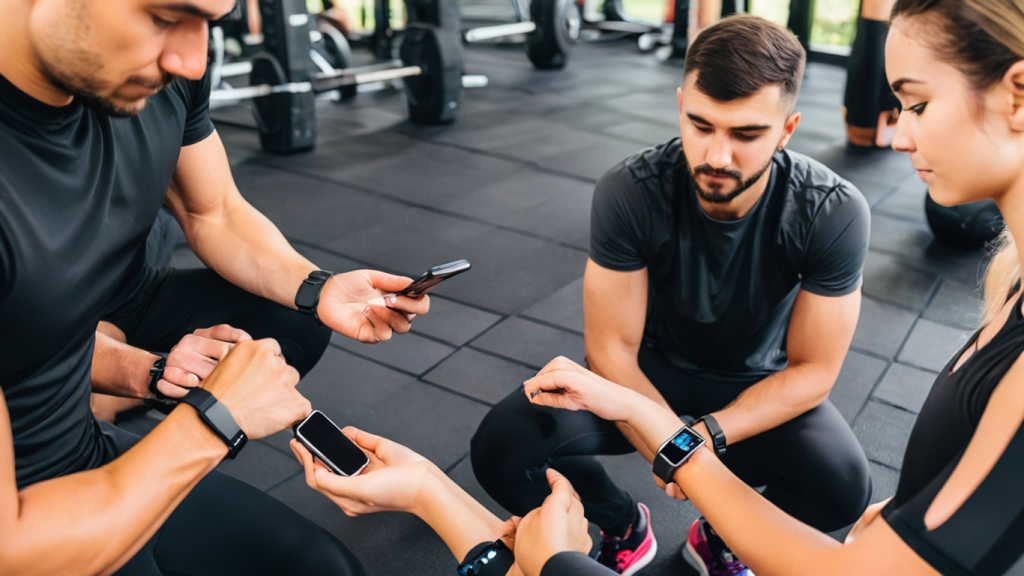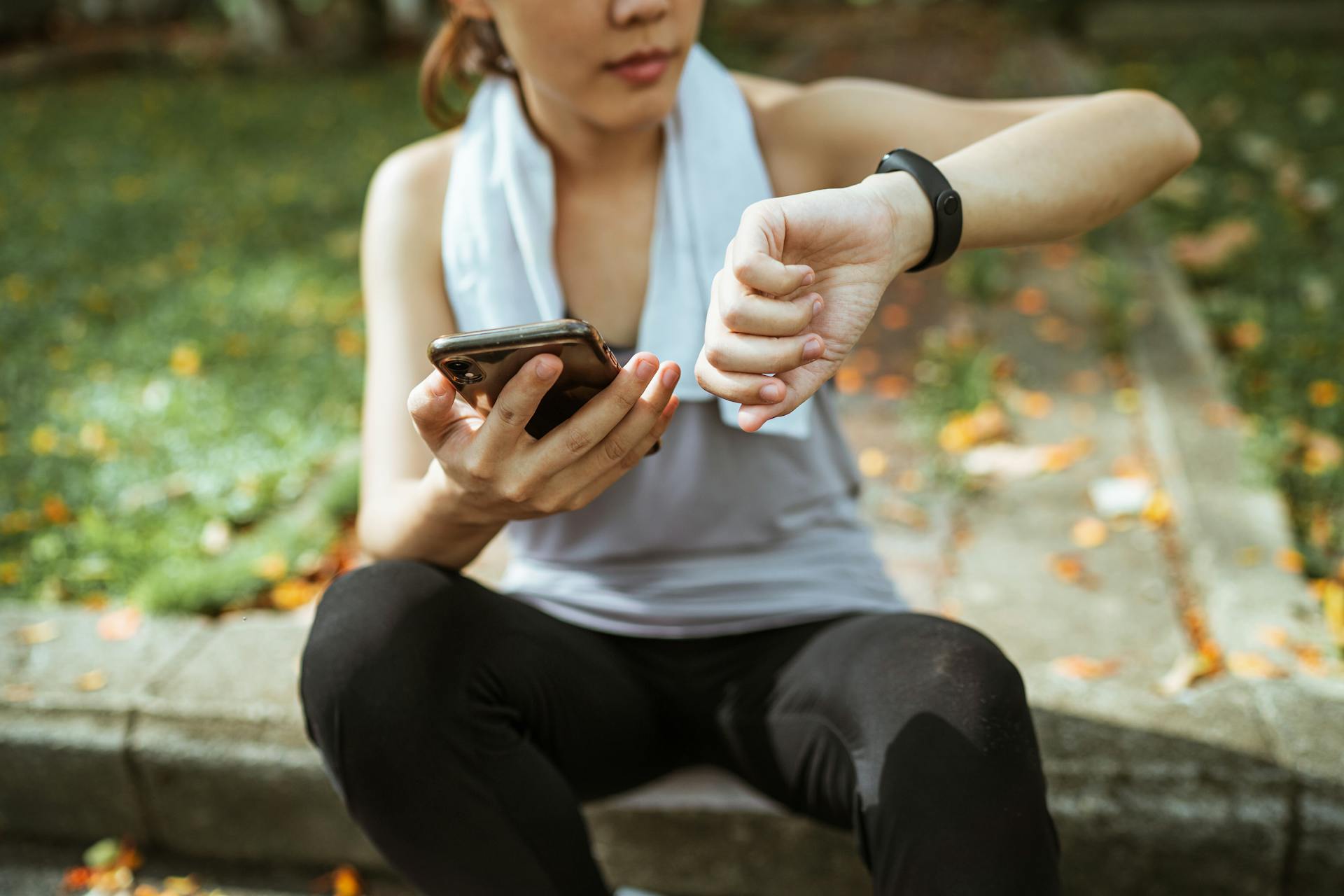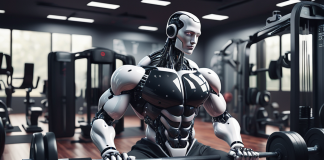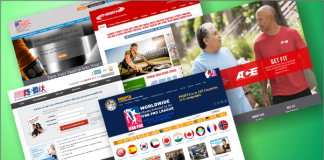Artificial Intelligence (AI) has revolutionized the fitness industry, providing fitness professionals with powerful tools to enhance their services, streamline operations, and deliver personalized experiences to clients. Here are some examples of AI tools for fitness professionals:
1. Personalized Training Platforms
AI-powered training platforms like Fitbod and FitBudd enable fitness professionals to create customized workout plans for their clients. These platforms analyze individual goals, fitness levels, and available equipment to generate personalized routines that optimize results and keep clients engaged. The AI algorithms adapt the workouts over time, ensuring continuous progress and adaptation to the client’s needs.
2. Virtual Coaching Apps
Virtual coaching apps, such as Aaptiv and Tempo, provide fitness professionals with tools to deliver remote training sessions. These apps offer thousands of audio and video exercise routines led by certified trainers, allowing clients to work on their fitness between in-person sessions. Some virtual coaching apps, like Tempo, even integrate with smart home gyms, providing AI-guided workouts and real-time feedback on form and execution.
3. Wearable Technology
Wearable fitness trackers powered by AI analytics provide fitness professionals with real-time data on their clients’ performance during training sessions. This data can be used to assess and improve their clients’ progress, as well as to provide personalized feedback. Some wearable technologies, like smart shirts and pants, are embedded with sensors that detect body alignment and provide feedback on exercise execution.
4. Intelligent Clothing
Smart fitness clothing is another AI-powered tool that can benefit fitness professionals. These garments are embedded with technology that senses and provides feedback on the body’s response to exercise. For example, smart pants can detect alignment issues during exercises, while smart shirts can monitor running speed and other metrics.
5. AI-Powered Footwear
AI is also being used to optimize the fit and performance of athletic footwear. Companies are developing AI algorithms that analyze data from millions of workouts to create personalized shoe recommendations based on factors such as foot shape, gait, and activity type. This technology helps ensure that clients are wearing shoes that are both comfortable and functional for their fitness activities.
6. Nutrition Planning
AI can also assist fitness professionals in creating personalized nutrition plans for their clients. By analyzing factors such as age, gender, activity level, and dietary preferences, AI tools can generate customized meal plans that support the client’s fitness goals and overall health. Some AI-powered nutrition apps even provide recipe suggestions and grocery lists to make meal planning easier.
7. Marketing Automation
AI-powered marketing automation tools can help fitness professionals streamline and optimize their marketing efforts. These tools offer features such as personalized email campaigns, social media management, analytics, and lead generation. By automating repetitive tasks and providing data-driven insights, fitness professionals can focus on delivering high-quality services while still effectively reaching and engaging their target audience.
8. AI Assistants
AI assistants can help fitness professionals manage the administrative side of their business. These AI-powered tools can transcribe client notes, send text messages, make phone calls, and even help with content creation tasks such as writing blog posts or crafting social media posts. By automating these tasks, fitness professionals can free up more time to focus on training clients and growing their business.
9. Pose Estimation Technology
Human pose estimation technology uses AI to analyze a client’s posture and movement during exercises. By identifying specific points on the body, such as joints and limbs, this technology can map out the client’s skeletal system and provide insights into proper form and technique. Fitness professionals can use this information to correct any alignment issues and optimize their clients’ performance.
10. Generative AI
Generative AI is a powerful tool that can assist fitness professionals in creating a variety of content, from text to images to videos. Platforms like ChatGPT and DALL-E use generative AI to generate original content based on prompts. Fitness professionals can leverage these tools to create engaging social media posts, blog articles, and even video workouts, saving time and resources while still delivering high-quality content to their audience.

AI has undoubtedly transformed the fitness industry, providing fitness professionals with a wide range of tools to enhance their services, streamline operations, and deliver personalized experiences to clients. By incorporating these AI tools into their practice, fitness professionals can stay ahead of the curve, improve client outcomes, and grow their businesses in an increasingly competitive market.
However, it’s important to remember that while AI can be a powerful supplement, it should not replace the human touch and expertise that fitness professionals bring to the table. By striking a balance between AI-powered tools and their own knowledge and experience, fitness professionals can harness the power of technology to deliver exceptional results for their clients.







